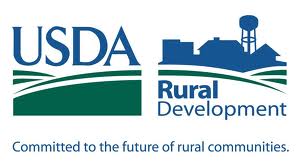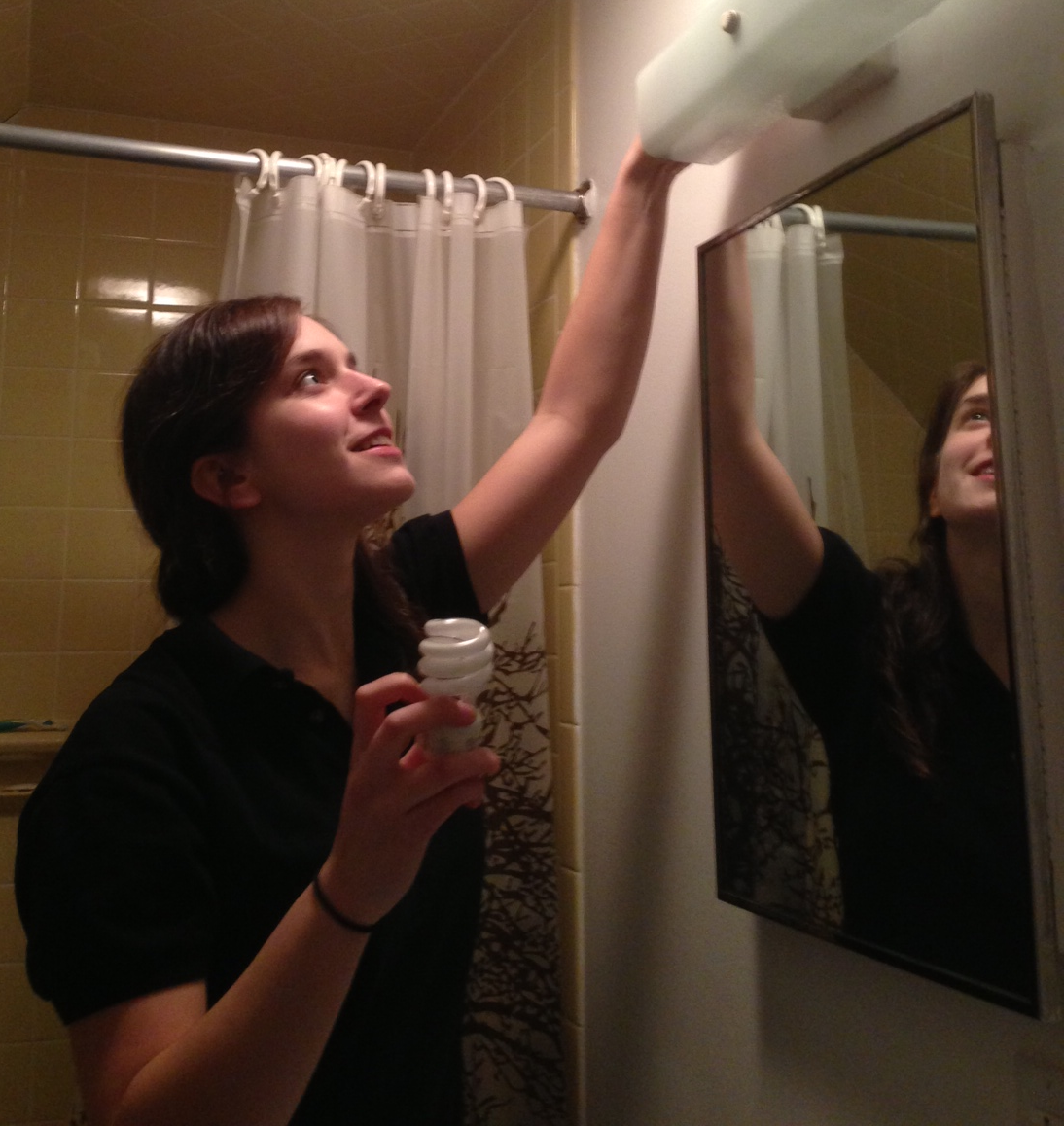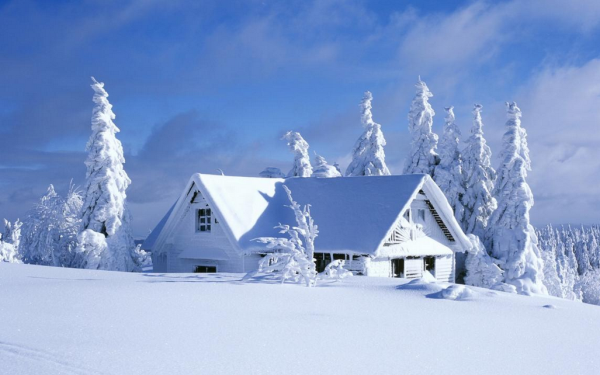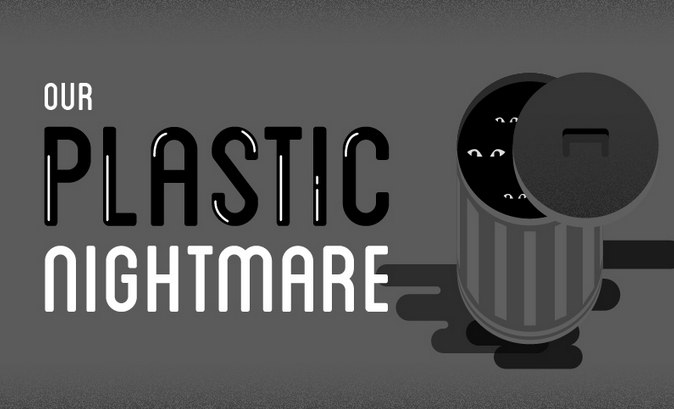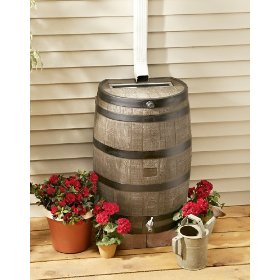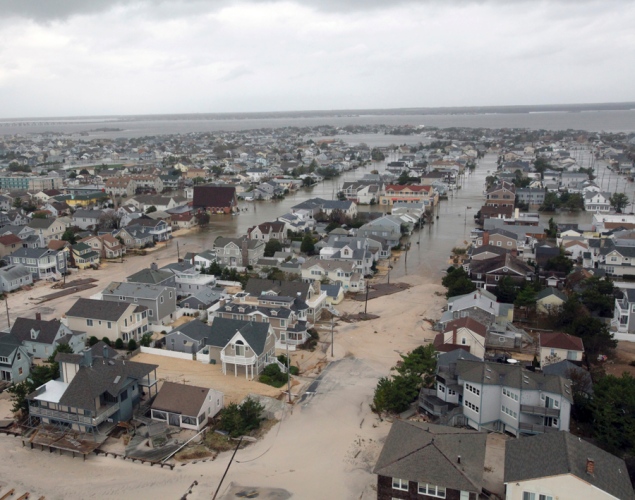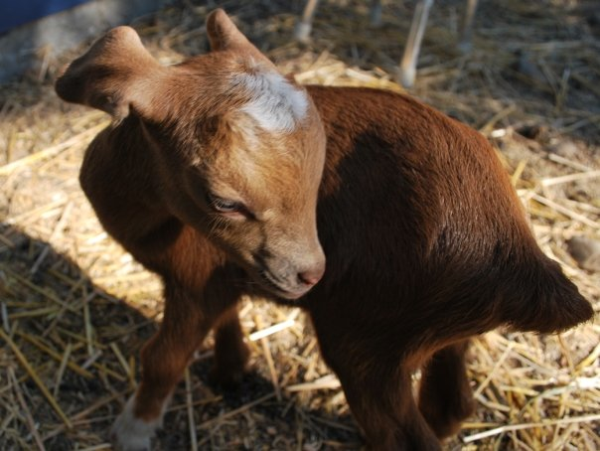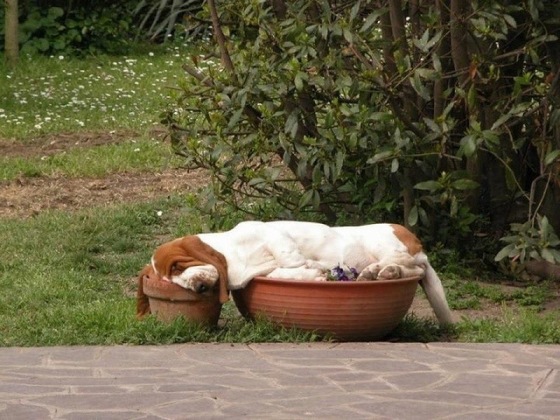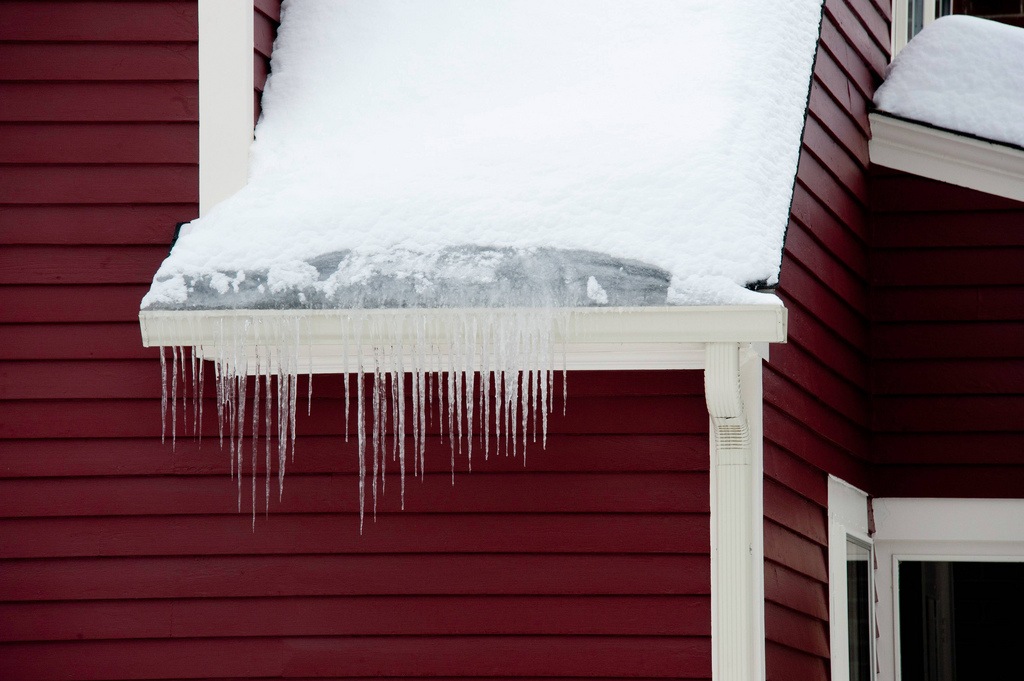While rural areas by definition have fewer buildings, their energy use reduction potential at a national level should not be forgotten. For logical reasons, most building energy efficiency improvement initiatives have targeted urban areas where buildings are concentrated. As part of our nation’s commitment to becoming more energy independent, supporting efforts to improve the efficiency of buildings in diverse rural areas represents an opportunity to achieve those goals holistically. The Rural Energy for America Program (REAP) supports underserved rural small businesses and agricultural providers seeking to use renewable energy resources and cut energy waste in their operations. This program represents an important step in responding to the energy reduction challenges facing the US.
Utility Tracking and Benchmarking Blog | WegoBlog
Joanna Blaszczak
Recent Posts
Tags: Sustainability, Energy efficiency
Last week, I had my first energy audit experience for my apartment in Cambridge. As an employee of WegoWise, a company focused on helping property managers improve energy efficiency in buildings across the country, I’ve often wondered how I can improve my own apartment aside from my personal energy saving habits. My auditor friend informed me of a free energy audit opportunity called Mass Save for NStar customers. I took her up on the offer and here is how it went:
Energy Efficient Heating Solutions for Your Living Space
Posted by Joanna Blaszczak on Wed, Feb 06, 2013
Trying to stay warm is perpetually on the minds of New Englanders during the winter months (or at least those native to more southern states). However, climate change considerations and heating bills keep many of us from cranking up the thermostat. While the occasional jumping jacks in your apartment can help stave off the shivers, there are other options to maximize energy efficiency while keeping your home or apartment cozy when temperatures drop below freezing.
Actually following up with that New Year's resolution to clear out your creepy basement or getting the urge to do some (not yet) spring cleaning? Make sure to remember to recycle! Here's a look at a couple of the best infographics on the web to convince you that sorting your trash is worth the effort.
Tags: Sustainability, Recycling, Green living
With the severity of last year’s drought, as covered in our most recent blog post, water conservation is important to think about whether or not you live in an area with limited water resources. Greywater - the water used in your home for activities such as dishwashing, laundry, and bathing – can be up to 50-80% of a typical home’s waste stream. The potential savings from recycling greywater are great from both a water and energy conservation standpoint.
Tags: Sustainability, Recycling, Water Conservation, Green living
2013 has been declared the International Year of Quinoa by the United Nations. Good news for some of us quinoa lovers here in the WegoWise office. Yet, this decision by the UN is surprising for some due to last year’s contentious New York Times article exposing the negative social impacts from increased global quinoa consumption on the Andean indigenous people who grow the crop. Due to quinoa’s soaring popularity, fewer indigenous people in top producing countries, such as Bolivia and Peru, can afford to eat the native grain, consequently switching their diet to cheaper processed foods. However, public discussion about the issue has brought to light the complexity of the situation and put forth some ideas on how to address the issue.
Tags: Sustainability, Green living
Hurricane Sandy tore through the northeast coastline last week leaving millions without power and causing an estimated $20 billion in property damages according to IHS Global Insight, a forecasting firm. By landing in one of the most densely populated areas in the US, Hurricane Sandy’s powerful winds and torrential downpours hit areas at high-risk for contaminant release into the environment. Superfund sites, nuclear power plants, and oil refineries were all in peril. While the Northeast can breathe a sigh of relief that the risks of a nuclear meltdown at Oyster Creek Plant and landslides in New Jersey were not realized, the greatest environmental impacts of Hurricane Sandy might have been manifested in water contamination.
Tags: Sustainability, Green living
Whether you want to be a more informed citizen or just want to kill some time before 5 on a Friday afternoon, WegoWise has got you covered. While your porch tomato plants might not qualify you as an urban farmer, you’ve already taken a step in the right direction. Urban farming season is coming to a close, but winter is the perfect time to plan for next year’s harvest. So peruse our best links, give us some feedback and be sure to share some of the info you just gleaned with other interested parties at the parties you are hopefully attending this weekend. Brought to you by Dan, Nate, Lily, Catherine, Casey, and Joanna.
Tags: Sustainability, Green living
WegoWise's Top 5 Links to Bringing the Green Indoors
Posted by Joanna Blaszczak on Fri, Sep 21, 2012
Whether you want to be a more informed citizen or just want to kill some time before 5 on a Friday afternoon, WegoWise has got you covered. Now that summer is on its way out, stave away the winter blues and keep the green in your life by bringing it indoors with you. So peruse our best links, give us some feedback and be sure to share some of the info you just gleaned with other interested parties at the parties you are hopefully attending this weekend. Brought to you by Dan, Nate, Lily, Catherine, Casey, and Joanna.
Tags: Sustainability, Green living
Green Attic Insulation: How to Insure A Cozy & Energy Efficient Home
Posted by Joanna Blaszczak on Thu, Sep 20, 2012
While you may still be enjoying the warm September weather, colder temperatures will be creeping in before you know it. Around the WegoWise office in Boston, harsh winter weather is a serious consideration for homeowners when thinking about insulating their homes for the upcoming seasons. Attics are one of the most important areas of a home to insulate to reduce heat loss and thereby decrease energy consumption. Understanding and improving aged or inadequate attic insulation before the winter begins is an important step to insure a comfortable and energy efficient home during the upcoming months.
Tags: Sustainability, Energy efficiency, Building science, Green living

